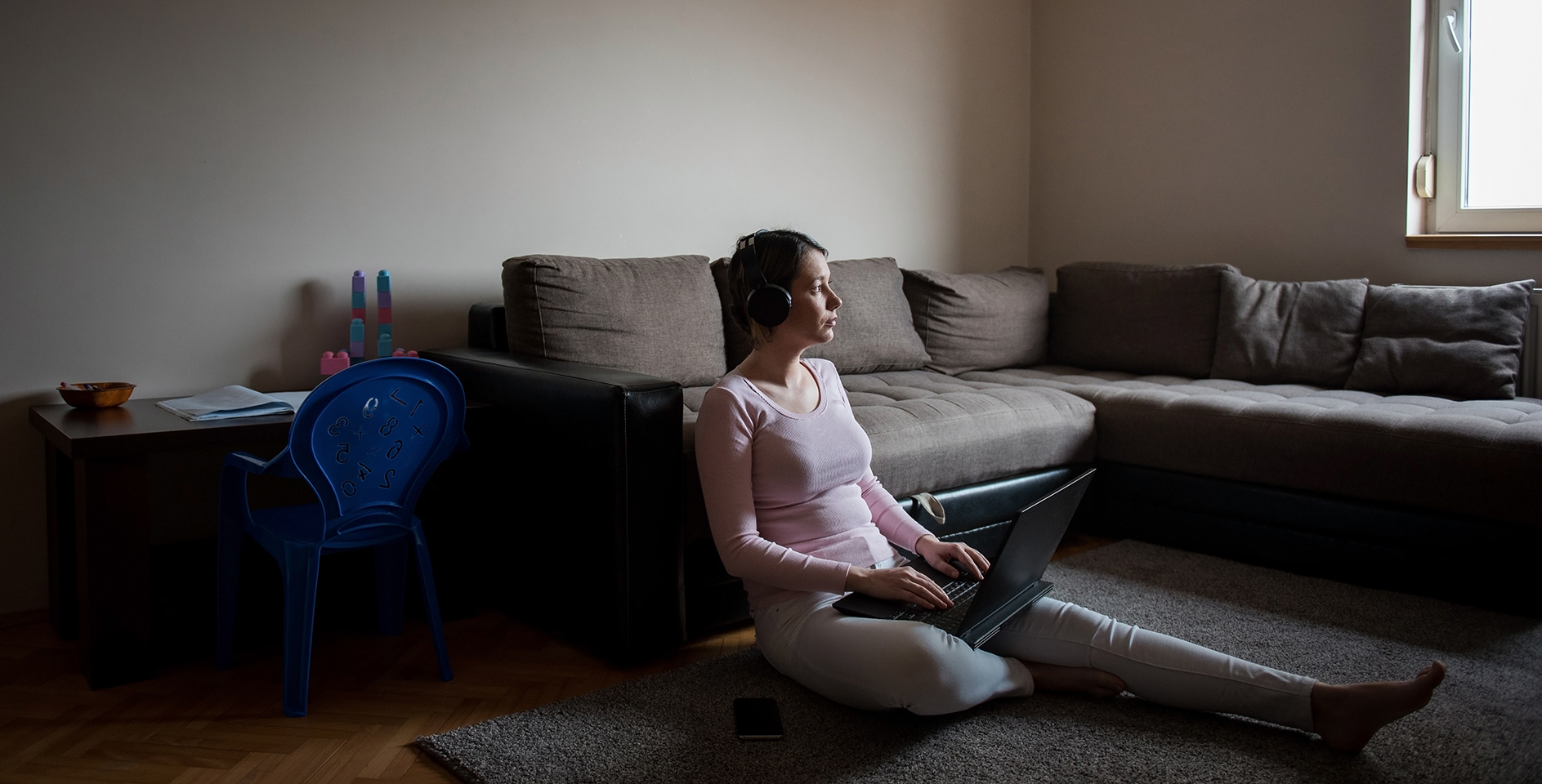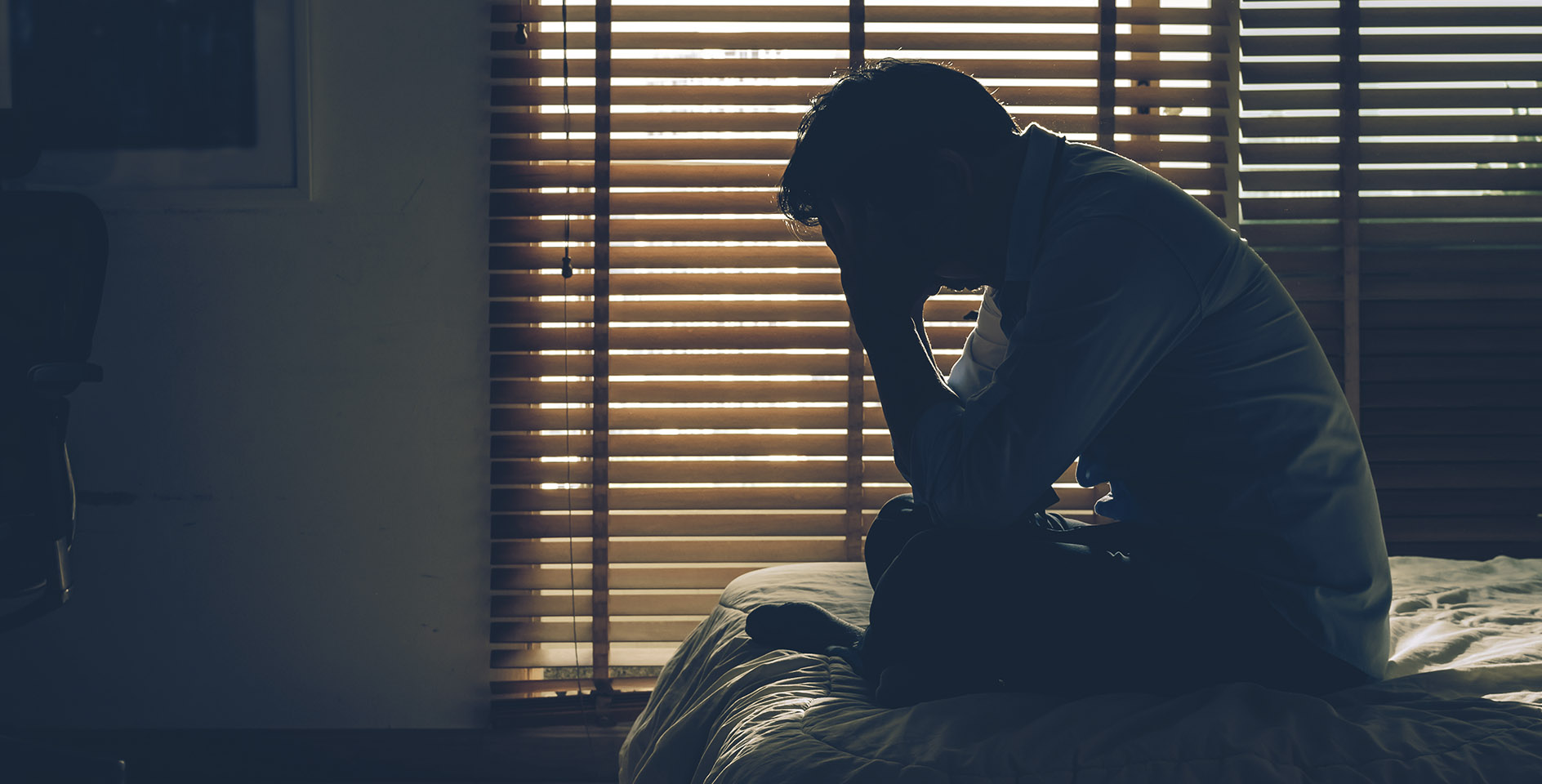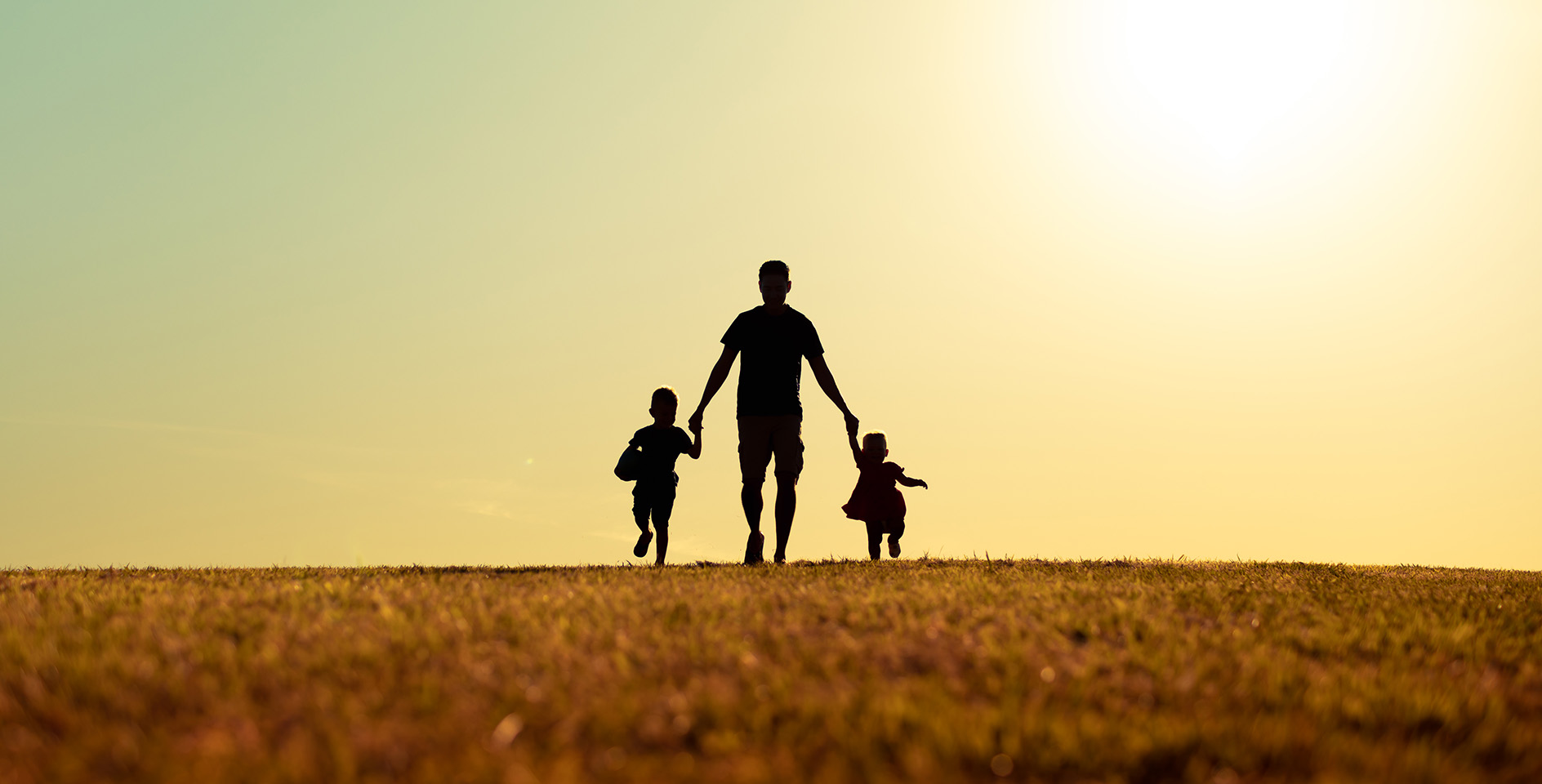COVID-19 has changed life and family dynamics in ways some people never expected. Recent Pew Research reveals that young adults are now living with their parents in the greatest numbers we’ve seen since the Great Depression. Since February, more than 2.6 million people have moved back home due to job loss or college campus closure.
Given massive layoffs and business closures nationwide, younger adults at the bottom of the ladder and pay scale were often first to lose jobs when COVID shut down the nation in early March. The Department of Labor announced in October that 2.4 million people have now been out of work for over four months, and 5 million were on track for long-term joblessness, many of them young adults.
Another survey found increasing rates of depression among the same group, those ages 18-24 reporting 10 times higher rates of thoughts of self-harm and 47% seeing symptoms of depression, a number that rises to 60% among those who have lost jobs or been evicted. It’s a blow to the ego and the Western myth of invincibility.
A newfound reliance on family
In the United States, where individuality and personal ambition are practically national virtues, reliance on family has often filtered to the bottom of the priority list. Unlike in other cultures, like in African countries where as many as 10 members of an extended family may live together for a lifetime, Americans have tended to go in the opposite direction. Indeed, white young adults in the U.S. were the least likely to live with parents before family prior to the pandemic, and that group has seen the highest rates of returning to parental housing, according to the research.
COVID changed the game, forcing people into living situations they never intended to enter again, and reminding us of vulnerability to forces greater than personal prosperity. Thinking critically about the long-term results of this shift is helpful in making distinct decisions that will guide them moving forward.
A safety net of connectedness in one’s life is a healthy resource that has been undervalued and underutilized in recent years, as Americans have shifted toward more isolative tendencies.
Philosophically speaking, the forced change in living arrangements is a stark reminder of the importance of maintaining strong family ties. A safety net of connectedness in one’s life is a healthy resource that has been undervalued and underutilized in recent years, as Americans have shifted toward more isolative tendencies. For single young adults, family has too often become a weighted obligation, rather than an appreciated harbor of support. Recognizing the value in having reassuring options in times of need may bring a helpful change in perspective.
As Christians so often like to say, we were not meant to walk through life alone. In 1 Timothy 5:8, God says “anyone who does not provide for their relatives . . . has denied the faith and is worse than an unbeliever,” so our directive for family members in need is pretty clear. The family unit and church community are divine details that God created from the beginning, fixtures to enhance our lives and draw us closer to him. In times of struggle, these are tools to carry us through and see his work displayed through others in our lives. One’s parents, in this case, are surely performing that duty as they open their homes to struggling adult children. Like God our Father, good parents are happy to help their children in times of genuine struggle and will always welcome them back.
Fighting against idleness
It is good to relish the help available from family, as young adults seek a pathway back to employment, but also important to be alert to the pitfalls of long-term financial reliance. In 2 Thessalonians 3:6-7, Paul warns against idleness, so being cognizant of doing so when possible matters, even now.
When the pandemic first hit, we heard hopeful things like “15 Days to Stop the Spread.” In March, things were assumed to dissipate by “July or August.” Looking back, that was a quaint assessment, as we currently endure the ninth month of COVID, with cases still on the rise nationwide. For much of 2020, it was acceptable to cast excuses toward daily disciplines. Exercise and nutrition were abandoned, alcohol sales increased, and some parents even gave up virtual schooling efforts. But such lethargy cannot continue.
Long-term habit creation can have detrimental effects for a lifetime, and it’s important to recognize these downfalls before a darker path emerges. Taking action to combat the darkness of depression, anxiety, and despair is vital. Prayer, therapy, medication (if needed), intentional community, and continuing to look for job opportunities are actions steps toward thriving again.
Gratitude for the families that welcome young adults home is necessary, as is appreciation for how the pandemic forced us to pause and reassess certain aspects of our lives. It’s been a tragic wake-up call for too many who have lost loved ones and been forced to risk their lives in dangerous conditions. But creating action plans for personal and professional independence in the future is vital to cultivating hope, and important for squashing negative extended effects of this crisis. It is also stewarding well the resources God has given us, in mind, body, and spirit.
Regardless of job status or living environment, Christians always have a promise of sustenance over our lives in the reliable promises of our God. As Hebrews 10:23 reads: “Let us hold unswervingly to the hope we profess, for he who promised is faithful.”









